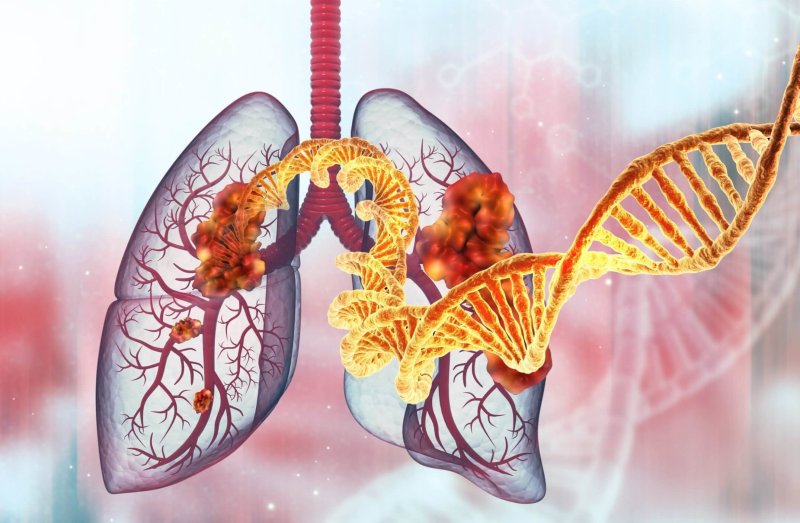[A new] drug, called Lumakras, was approved [May 28] to treat a portion of lung cancer patients with a particular genetic mutation who have already tried other therapies.
The mutation, known as KRAS, is among the most common found in cancers, but researchers struggled for so many years to find a medicine that can treat it that the mutation came to be considered “undruggable.”
The FDA’s approval, which has sped through clinical trials since the first encouraging results in 2019, is a validation for Amgen’s drug-discovery capabilities, analysts say, and a landmark in harnessing genetic discoveries to find new drugs for hard-to-treat cancers and other diseases.
…
[Amgen is] using data analytics to sift through the molecular insights and identify targets for potentially powerful—and lucrative—new drugs.
“KRAS mutations have long been considered resistant to drug therapy, representing a true unmet need for patients with certain types of cancer,” said [FDA’s Richard Pazdur] “Today’s approval represents a significant step towards a future where more patients will have a personalized treatment approach.”
The company will charge $17,900 a month for the drug in the U.S., an Amgen spokeswoman said. Analysts project the drug could eventually ring up more than $1 billion in annual sales.































